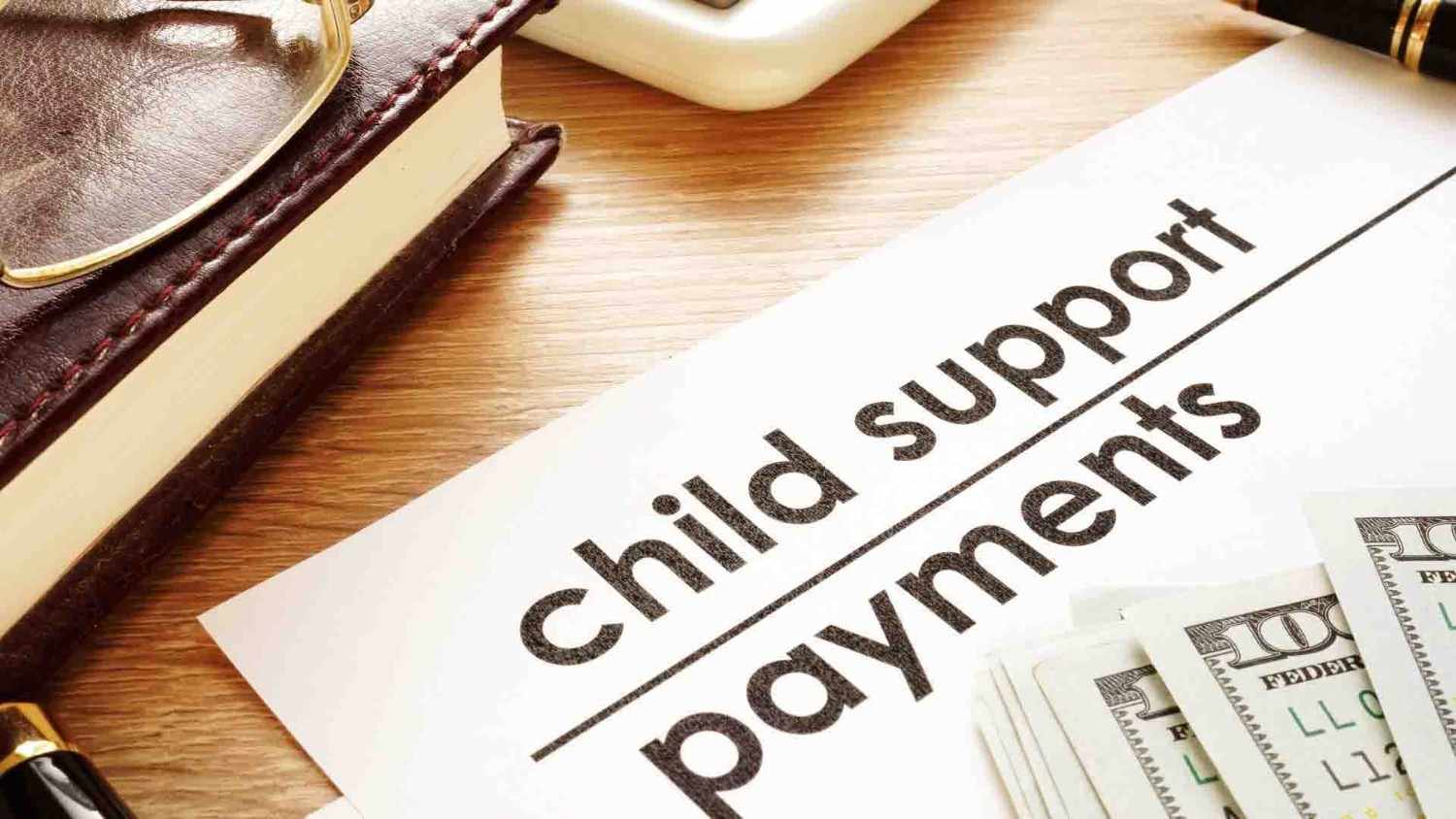Some refer to men who don’t financially take care of their children as “deadbeat dads.” Assuredly, there are also “deadbeat moms.” However, this father didn’t make his full child support payments. So, what happened when the mother brought him back to court?
The Court of Appeals of Tennessee at Knoxville ruled in the matter of Neely v. Neely on July 8, 2019. When Brian Richard Neely failed to make full child support payments, his former wife, Christina Kleeper Neely asked the court to find him in criminal contempt.
The Court’s Memorandum Opinion does not reference any court orders regarding child support entered before 2016. However, on May 19, 2016, the court modified the existing child support obligation from $1,244 to $890 monthly.
To correspond with the high school graduation of the formerly married couple’s oldest child, the judge made the reduced payment retroactive to June of 2014. At the same time, the court found that Richard still owed arrearages of $4,517.70. He was ordered to pay Christina that amount, in full, with interest within thirty days.
Reduced Child Support Payments Remained Unpaid
More than a year later, Christina was back in court with a “Second Amended Fourth Motion for Contempt.” For starters, she claimed that her ex failed to pay the $890 monthly amount since March 2016. (Notably, the court did not order the lower payment until May of 2016.)
Additionally, Christina alleged that Richard made no voluntary child support payments in any amount since December 2, 2016.
The mother’s application called for the father to be held in “willful criminal contempt.” She asked the court to punish her ex, including his incarceration and other steps to prevent future violations.
Meanwhile, Christina further requested payment of the arrearages that continued to accumulate, together with interest, attorney’s fees, court costs, and suit costs.
The court held a hearing on the contempt motion on July 10, 2017. At that time, the judge also noted that the parents were scheduled for mediation on July 20, 2017. Richard requested the mediation to modify the existing parenting plan.
A week after the mediation, the trial court entered a new order. Apparently, the mediation was unsuccessful. Child support arrearages were now up to $9,628.80. Once again, the court ordered Richard to pay the back due child support with interest within thirty days.
Additionally, the judge decided that Richard needed to pay Christina’s attorney’s fees and suit expenses. Lastly, the court held the father “in criminal contempt with punishment reserved.”
A month later, the trial court ordered Richard to ten days in jail and to pay a fine. That said, the judge indicated that the defendant could avoid jail if he paid Christina $9.949.19.
Father Objected to Court Holding Him in Criminal Contempt
Richard objected to the court finding him in criminal contempt and filed an appeal. He claimed that not only did the court fail to conduct an evidentiary hearing, but he was also never afforded the chance to present evidence that disputed Christina’s charges of contempt.
The Appeals Court reviewed the elements required to prove either civil or criminal contempt. In doing so, they noted that there was no evidence that Richard’s actions were willful. Willfulness includes intention and a culpable state of mind. Nothing in the record supported this allocation.
Based on the lack of a finding concerning willfulness, the Appeals Court vacated the lower court’s holding the father in criminal contempt. In doing so, the father’s sentence, as well as the award for attorney’s fees and expenses were also vacated.
Contact Us
Child support represents a critical aspect every time parents live separately. MHPS Law helps clients with new applications and modifications of existing child support orders. Contact our office to see how we can assist you.


